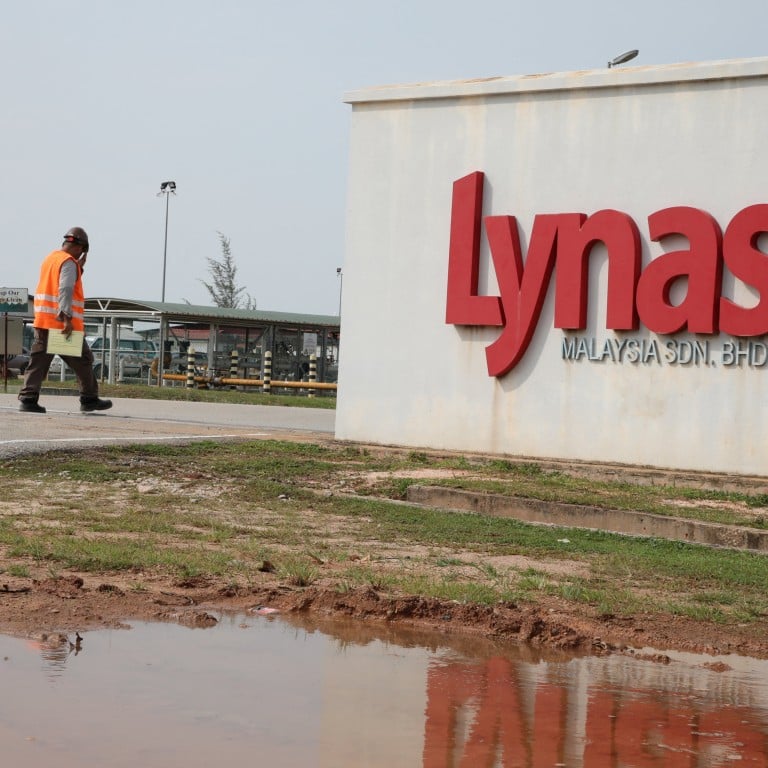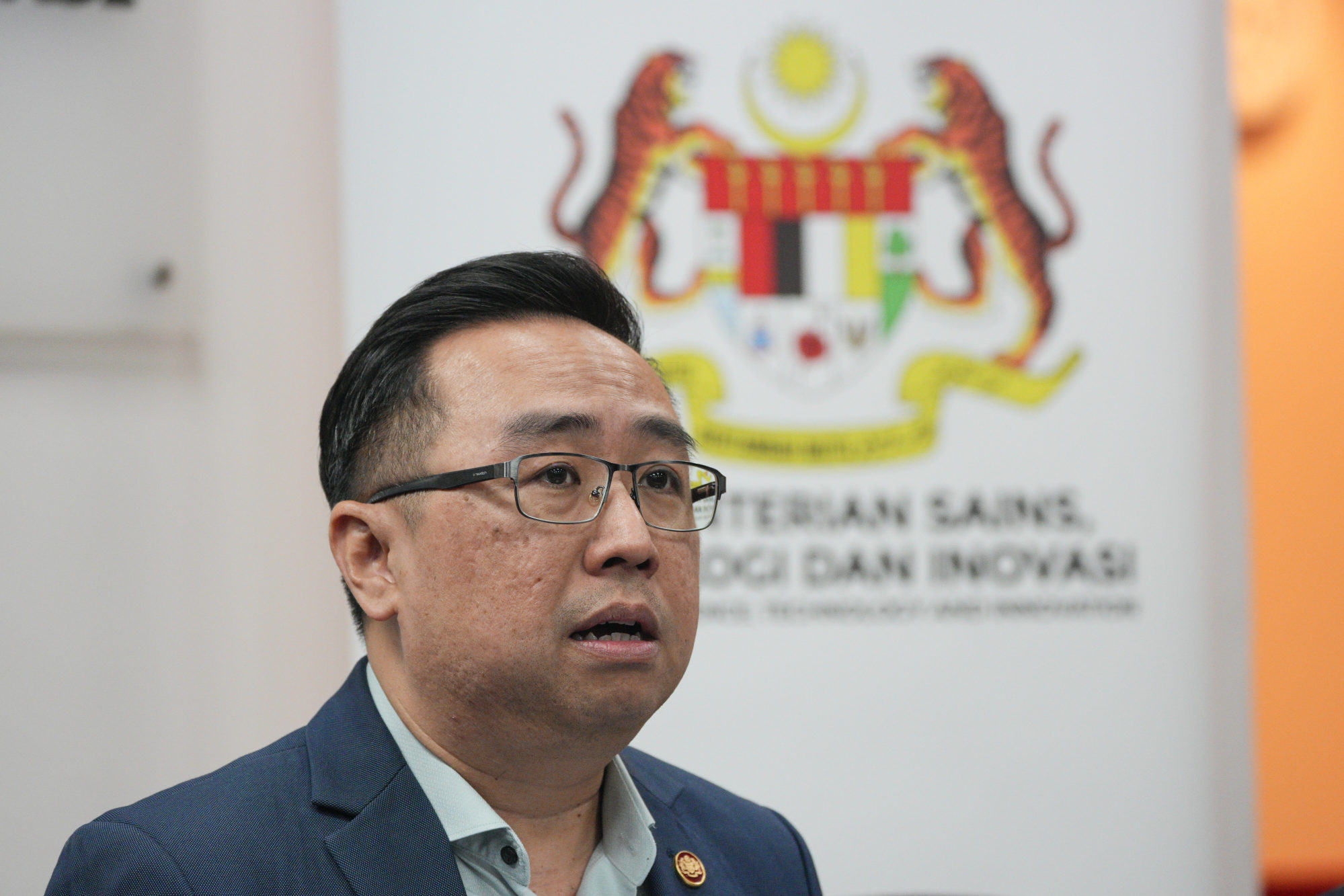
Malaysia criticised for U-turn extending licence of Australian firm Lynas’ rare earths operations
- Environmental group Friends of the Earth Malaysia said it was baffled as the government’s U-turn was based merely on a preliminary laboratory study by Lynas
- Previously, Lynas was only allowed to import and process lanthanide concentrate which contains radioactive material until January 2024
Environmental activists voiced disappointment on Wednesday at Malaysia’s decision to allow Lynas Rare Earths to continue operations until March 2026, and demanded more transparency on plans by the Australian miner to extract a radioactive element from its growing waste.
The government on Tuesday said it allowed Lynas to continue to import and process rare earths at its refinery in central Pahang state, reversing a decision for such activities to halt by January 1.
This came after Lynas proposed a method to draw out thorium, the radioactive element, from raw feedstock and from over a million tons of waste accumulated at its refinery.
It is extremely irresponsible of the [science] minister to extend Lynas’ license and allow them to generate more waste when the existing waste has not been safely dealt with
Activist Wong Tack said the government should have first compelled Lynas to prove that its proposal could work by immediately removing thorium from its existing waste.
“It is extremely irresponsible of the [science] minister to extend Lynas’ license and allow them to generate more waste when the existing waste has not been safely dealt with,” he said.
Environmental group Friends of the Earth Malaysia said it was baffled as the government’s U-turn was based merely on a preliminary laboratory study by Lynas. It called for details of the Lynas study to be made public.
It noted that previous research by Lynas to turn the radioactive waste into agriculture fertiliser was rejected by the government.
“A reversal of the government decision based on this preliminary study does not at all sound convincing or assuring from a public health and environmental standpoint,” it said in a statement. While the government is keen to profit from the rare earths industry, this cannot be at the expense of people’s health and the environment, it added.

Science Minister Chang Lih Kang said on Tuesday that officials had studied Lynas proposal and found it feasible. He provided no details. He said Lynas would need time to conduct a pilot study, before commercialising thorium, which can be sold for use in nuclear plants overseas and other industries.
The Malaysian refinery is Lynas’ first outside China producing minerals that are crucial to hi-tech manufacturing and has been operating since 2012. The government gave Lynas a 10-year tax exemption but there were concerns about the facility’s radioactive waste.
It has amassed in a gigantic open landfill exposed to natural disasters such as floods. Lynas is building a permanent disposal facility to bury the waste but it’s unclear why it took so long to complete.
The extension granted this week is one of several reprieves the company has won. The government originally ordered Lynas to move its leaching and cracking processes – which produce the radioactive waste from Australian ore – out of the country by the year’s end. It also was not allowed to import raw materials with radioactive elements into the country.
Science Minister Chang has said he considered the decision a win-win situation because a successful removal of the radioactive element would resolve the issue of the growing toxic waste.
Rare earths are 17 minerals used to make products such as electric or hybrid vehicles, weapons, flat-screen TVs, mobile phones, mercury-vapour lights and camera lenses. China has about a third of the world’s rare earth reserves but a near monopoly on supplies. Lynas has said its refinery could meet nearly a third of world demand for rare earths, excluding China.
Additional reporting by Agence France-Presse

